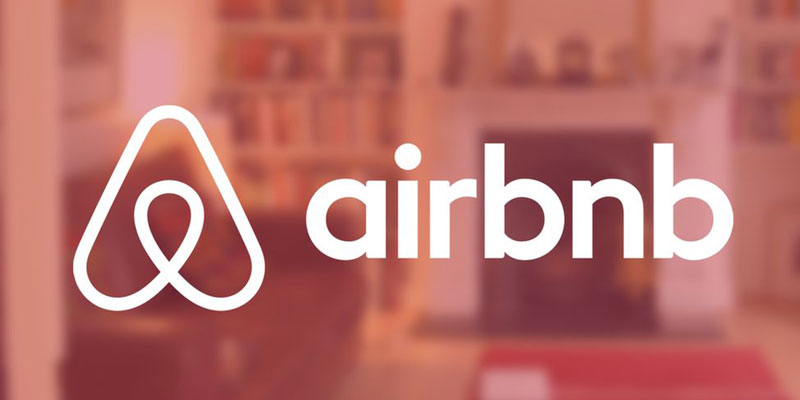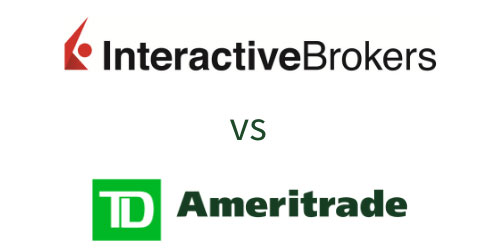The findings indicated that not only were the costs of healthcare in the United States higher in comparison to the costs in the other countries that participated in the survey but there was also a significant. The Federation's goal in doing the research was to provide evidence that the problem at hand is unit costs and not usage, contrary to what many people believe. Compared with the prices of similar goods in other nations, those found in the United States are much more expensive. The mergers that have taken place in the health insurance industry have made anti-competitive pricing practices easier to implement. "That's not the situation at all. "From what I can see, it's a rather effective system; they don't appear to abuse it," Sackville remarked. "However, every time they have anything, like an episode of care, it costs twice as much as it should, according to international norms.
Costs Of Healthcare In The United States About Those Of Other Countries
Discovered that the prices paid inside the United States vary significantly from state to state. Sackville said there was "absolutely no clinical justification" for the significant price disparity. You might also choose conventional hip replacement surgery. The cost in the United States, on average, is $29,067, which is $10,000 more than the cost in the next most expensive nation, Australia. However, the statistics reveal that the cost at the 95th percentile in the United States reaches $57,225. This is a difference of $50,000 compared to the average price in South Africa and $42,000 compared to the price in New Zealand. The outcomes of knee replacement surgeries are essentially the same. Sackville said that the research findings imply that the more costly treatments are not any more effective than the average or less expensive ones.

Prescription Medications
The pattern of prescribed medicines was another thing the researchers looked into. In the United States, the cost of Avastin, which is used in treating certain forms of cancer, is typically about $3,930. Switzerland is the second most costly country at $1,752 per person. The HIV/AIDS drug Truvada, the hepatitis C medication Harvoni, the rheumatoid arthritis medication Humira, and the blood thinner Xarelto all had comparable tendencies (blood clot prevention). OxyContin is a general painkiller that is the most costly in the United Kingdom at $590 per prescription, with the United States placing in second place in cost at an average of $265. OxyContin is an outlier in the data set. (It is important to note that the costs are based on a supply that lasts between four weeks and one month.)
The Reasons Why U.S. Prices Are Higher
According to the study, it is a popular misconception that the United States has a higher cost of living, pushing healthcare expenses. The number is a crowd-sourced worldwide database that publishes rankings twice-yearly comparing the cost of living in different nations. According to its midyear rating in 2022, the United States is now ranked 26th, one higher than the United Kingdom. Switzerland comes in at number two, followed by Australia at number 14, New Zealand at number 18, Spain at 46, and South Africa at 78. 3 Therefore, the general cost of living does not seem to be a probable contributor to the high cost of healthcare in the United States.
It would seem that a lack of competition is closer to the source of the issue, and hospital mergers are one trend that has contributed to the stifling of competition. In a study published in March 2016 titled "The healthcare cost Effects of Cross-Market Hospital Mergers," researchers from the Kellogg School of Management at Northwestern University investigated how the cost of medical care changed following the consolidation of hospitals located in the same geographic market. According to the findings of the analysis, merging hospitals in close geographic locations are likely to have had clients and insurers in common, which diminishes competition. According to the findings presented in the research, "The results show that cross-market, within-state hospital mergers seem to boost hospital systems' clout when negotiating with insurers."

Lobbyists
Nobody takes any action to address the issue." Sackville continued by saying that "this may not be linked to the fact that all of these folks have a lot of lobbyists working in Washington. In addition to the consolidation that has taken place in hospitals, the mergers that have taken place in the health insurance industry have made anti-competitive pricing practices easier to implement. Midway through July 2016, antitrust regulators in the United States attempted to stop two significant acquisitions in the health insurance industry because they feared it would diminish the market's competition and push up costs.




